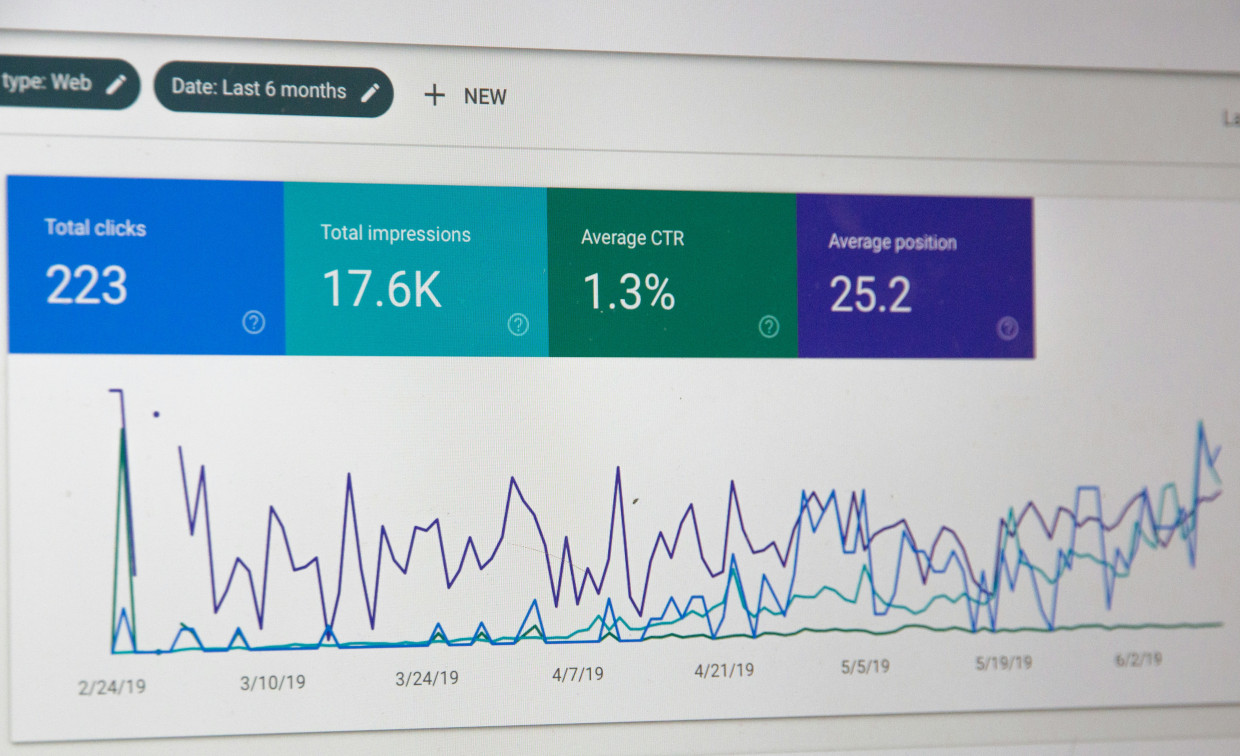
Data drives strategic business decisions, and web analytics tools provide crucial insights for tracking website performance, enhancing user engagement, and driving conversions. These tools help businesses understand their audience better through reliable, actionable data.
This guide covers the top 15 web analytics tools available in 2025, ranging from SEO platforms to website visitor identification solutions.
Web analytics tools collect and analyze data about user behavior on websites, tracking visits, interactions, and conversions. This information guides decisions that improve website performance, user experience, and return on investment.
These platforms track metrics like page views, session duration, and conversion rates while offering features such as heatmaps, user flow tracking, and audience segmentation.
These tools gather data through cookies, tracking codes, and embedded tags that monitor user actions on web pages. The collected information is organized into reports and visualizations that help businesses analyze trends and refine their strategies.
By combining data from multiple sources, analytics tools provide actionable insights that help businesses improve their digital marketing efforts.
Analytics tools serve different purposes in providing website insights:
Your company and industry will determine which features matter most, but consider these capabilities:
These tools provide critical insights into user behavior, campaign performance, and conversion metrics to support data-driven decisions.
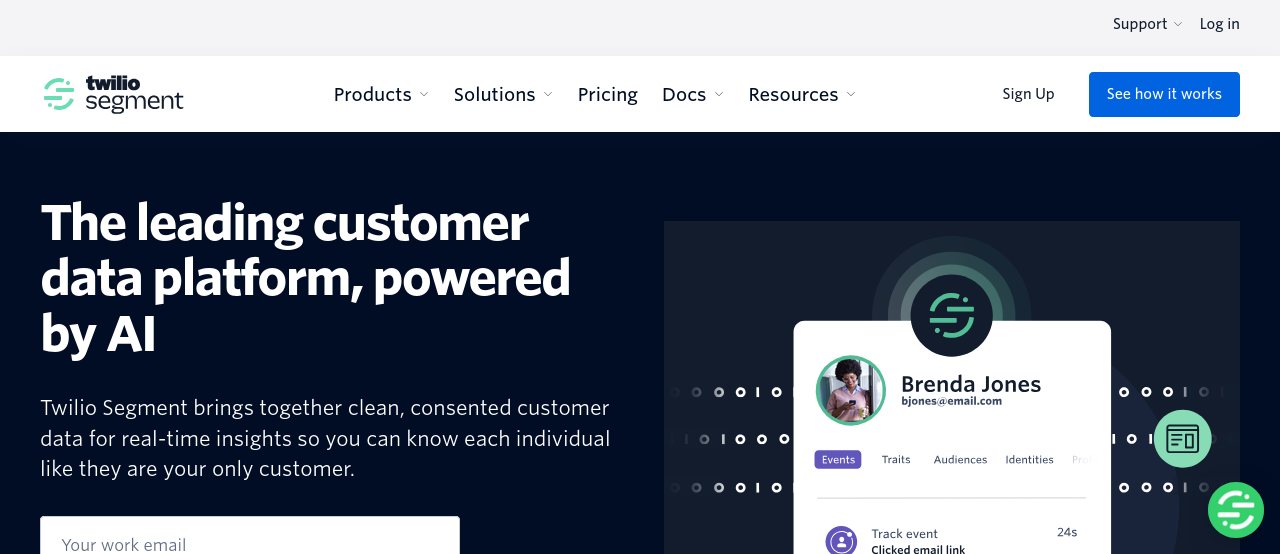
Segment functions as a customer data platform that enables data routing and identity resolution across various tools and platforms.
This tool simplifies data management but requires some technical expertise to implement fully. Pricing begins at $120/month, making it suitable for businesses looking to unify their customer data across multiple systems.
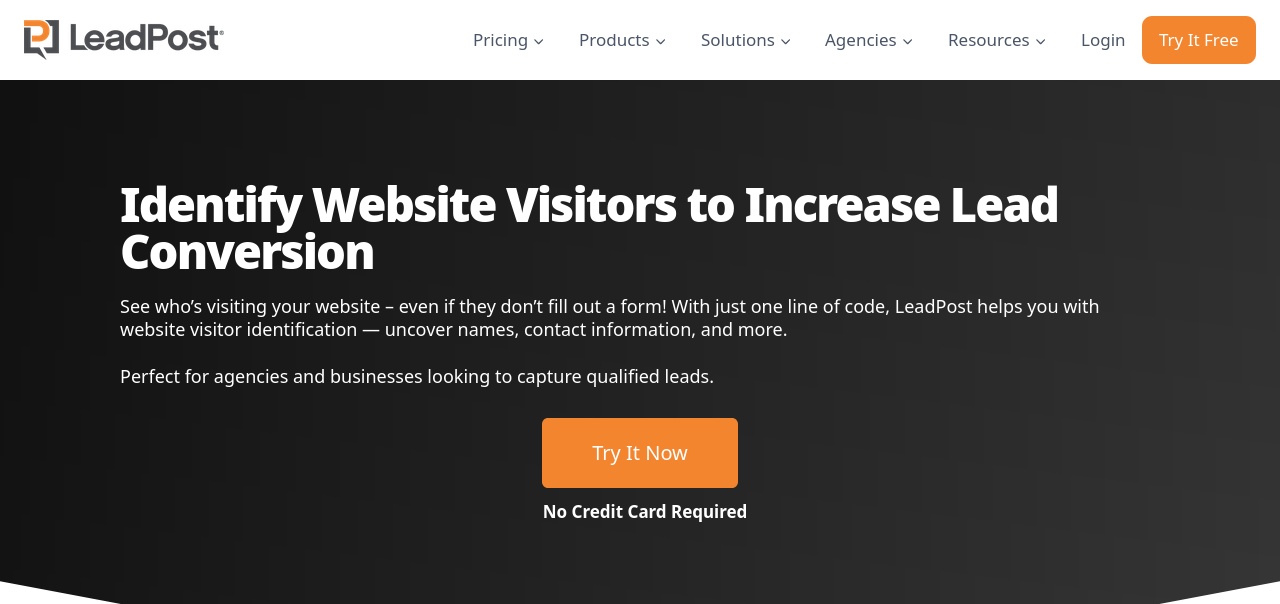
LeadPost distinguishes itself by identifying anonymous website visitors and providing their contact details, helping businesses transform passive visits into actionable leads. This capability connects web traffic to direct outreach opportunities, enhancing lead generation efforts.
The platform integrates with existing analytics tools to offer deeper visitor insights, including names, email addresses, and mailing addresses. This enriched data supports personalized retargeting and more effective marketing campaigns.
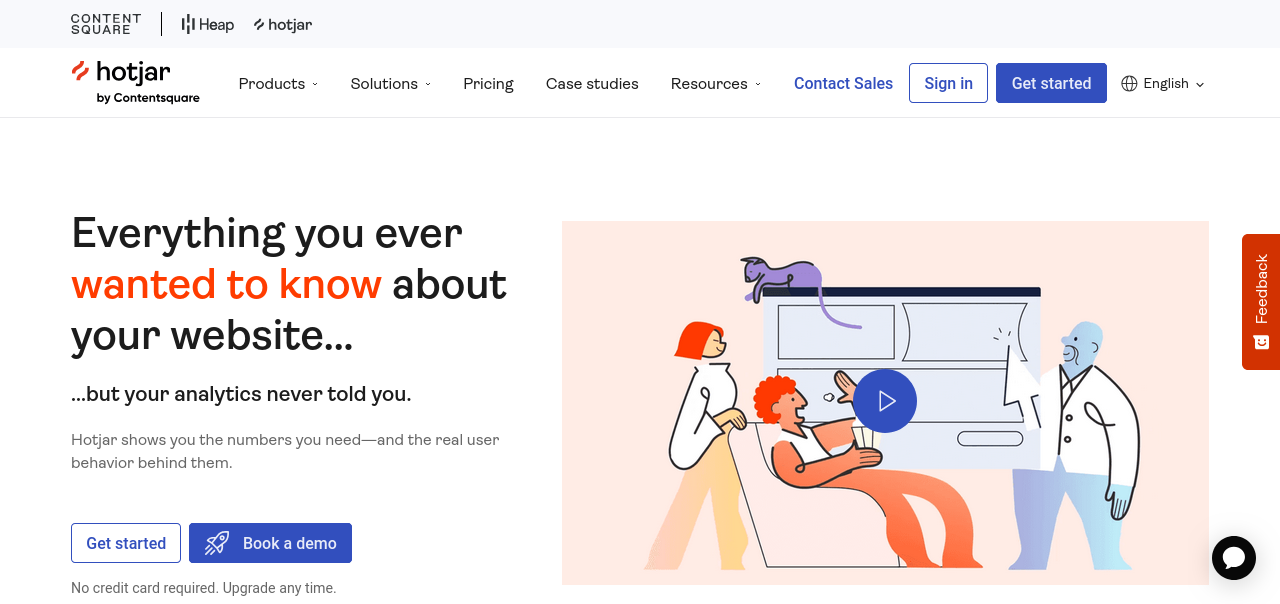
Hotjar delivers qualitative insights through heatmaps, session recordings, and user feedback polls, helping organizations understand user behavior and improve their user experience design.
Its strengths lie in visualizing user interactions, though it doesn't offer the same depth in quantitative analytics as some competitors. Plans start at $39/month, appealing to businesses focused on enhancing user experience through visual data analysis.

Google Analytics 4 tracks user interactions across websites and applications at no cost. The platform features event-based data collection, cross-platform tracking, and machine learning-driven insights that provide a comprehensive view of customer journeys.
Advantages include seamless integration with other Google services and powerful analysis tools. Users should expect a learning curve due to its interface and data model. The platform works well for businesses seeking detailed, cross-platform analytics without cost barriers.
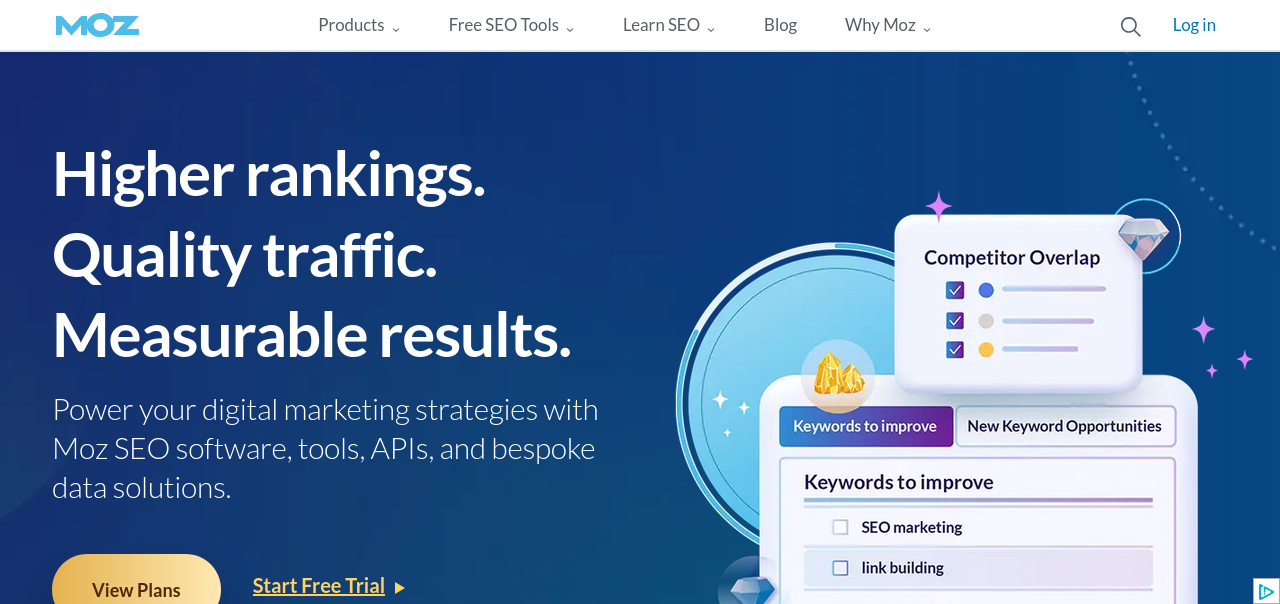
Moz offers an all-in-one SEO suite with tools for keyword research, site audits, and rank tracking to improve search visibility.
The platform provides valuable insights for optimization but may not include some advanced features found in specialized tools. Pricing starts at $99/month, suited for businesses prioritizing SEO improvement.
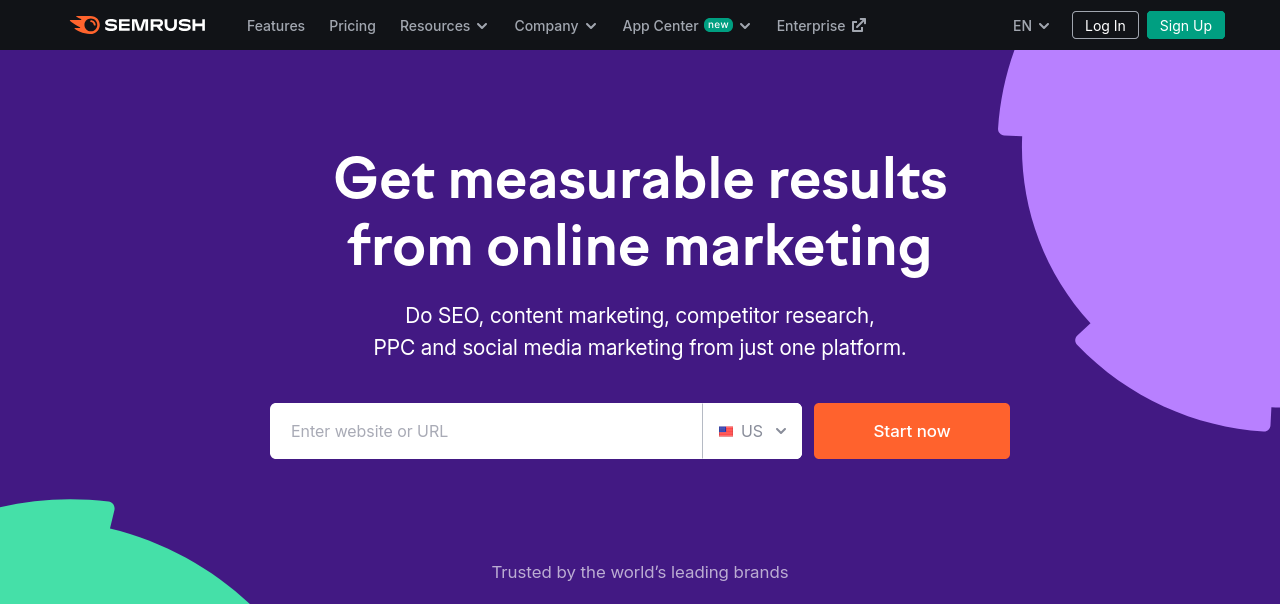
Semrush provides a comprehensive suite of tools for SEO, PPC, and content marketing, including keyword tracking, site audits, and competitive analysis.
The platform offers a wide range of features but comes with a higher price point than some alternatives. Plans begin at $139.95/month, appropriate for businesses implementing comprehensive digital marketing strategies.
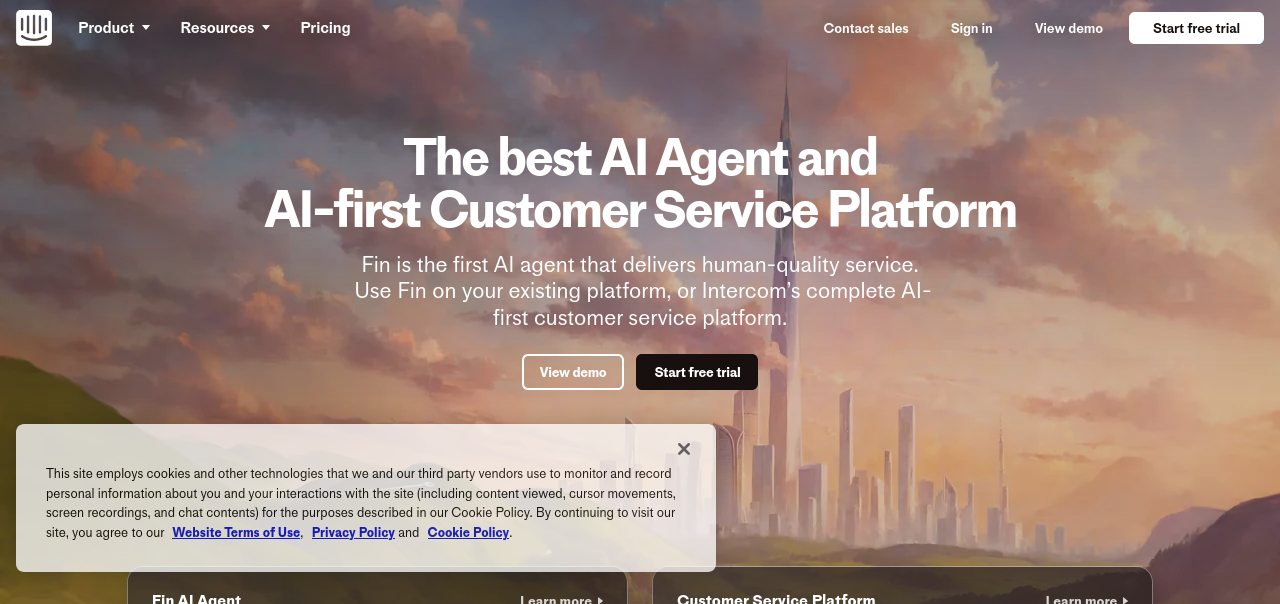
Intercom combines messaging and automation for customer engagement, offering live chat, conversational bots, and customer data platforms.
The tool excels at personalized communication but costs can increase as contact lists grow. Pricing starts at $74/month, suited for businesses focused on customer support and engagement.
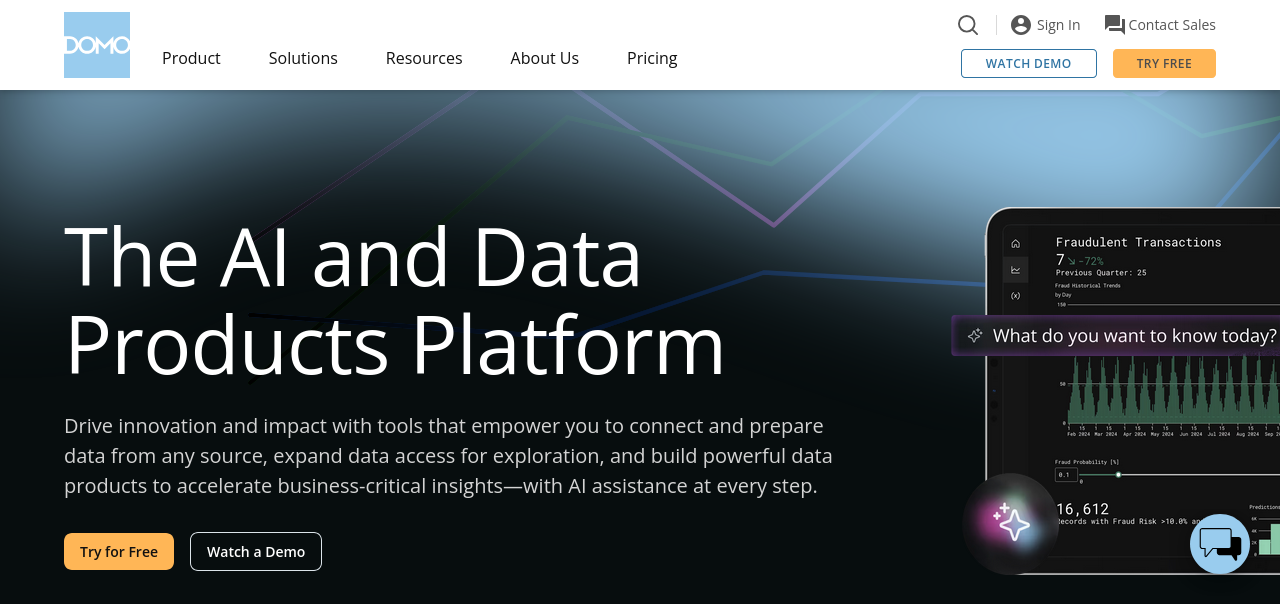
Domo functions as a business intelligence platform offering data visualization, reporting, and integration with numerous data sources.
The platform excels in data consolidation but requires more complex setup procedures. Pricing is customized for each client, targeting enterprises that need comprehensive business intelligence solutions.
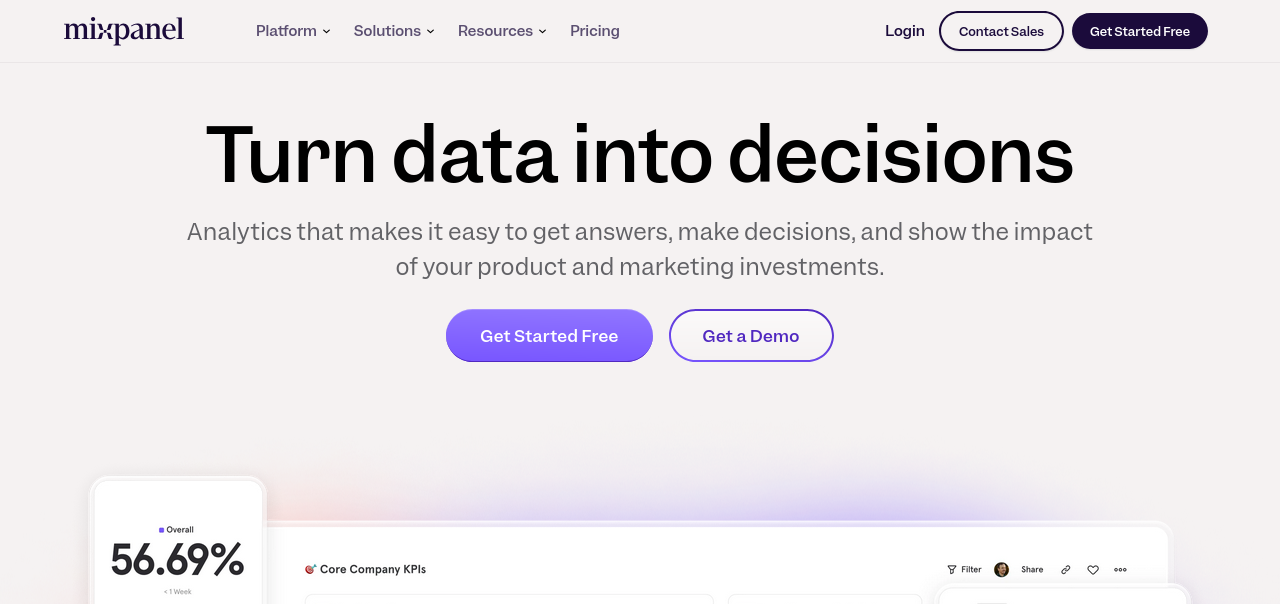
Mixpanel specializes in product and user behavior analytics, focusing on tracking interactions within applications. It features funnel analysis, cohort analysis, and A/B testing to understand user engagement and retention patterns.
Advantages include a user-friendly interface and real-time data processing. The platform may lack some marketing attribution features available in other tools. Pricing includes a free tier, with premium plans based on data points tracked, making it suitable for product-focused teams.
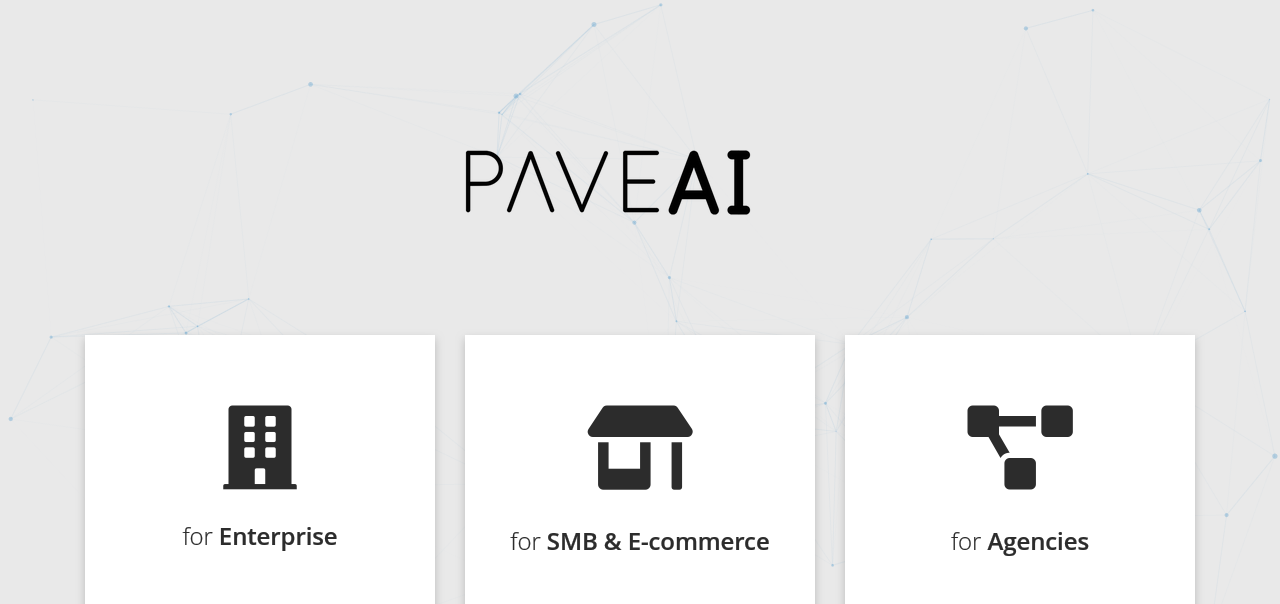
PaveAI transforms Google Analytics data into actionable insights by generating comprehensive reports with specific recommendations.
The platform offers user-friendly analysis but depends on the quality of input data. Plans begin at $39/month, appealing to businesses seeking automated analytics reporting.
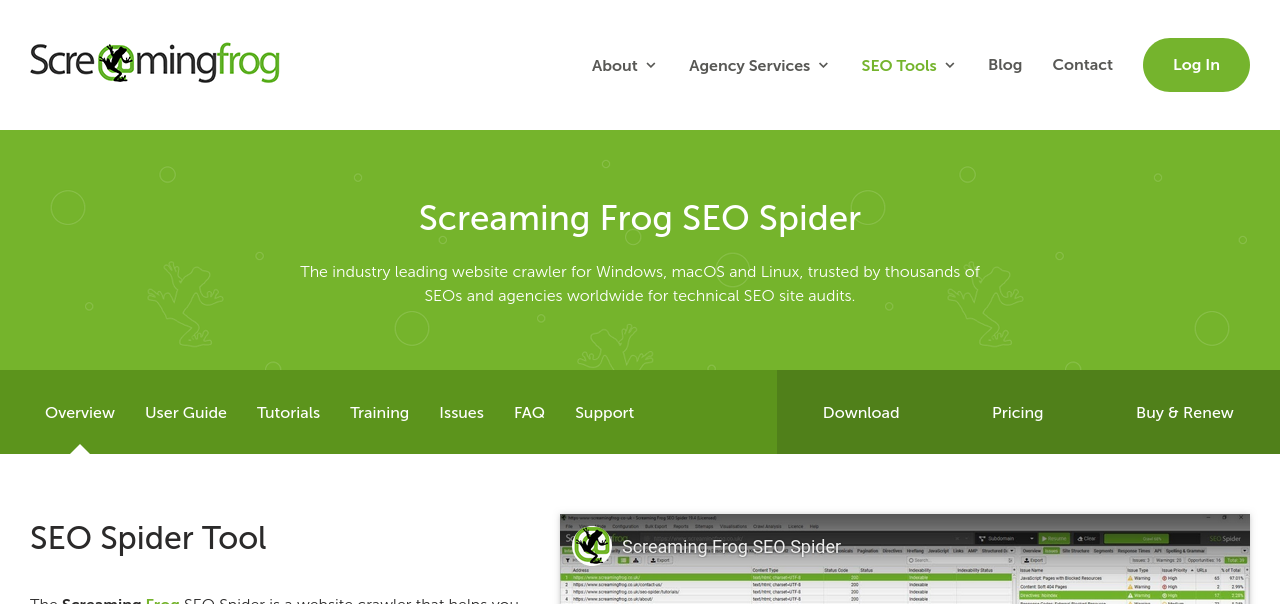
Screaming Frog works as a website crawler for technical SEO analysis, identifying issues like broken links and duplicate content that affect search performance.
The tool provides powerful site audit capabilities but comes with a learning curve for new users. The licensed version costs £149/year, ideal for SEO specialists needing thorough technical analysis.
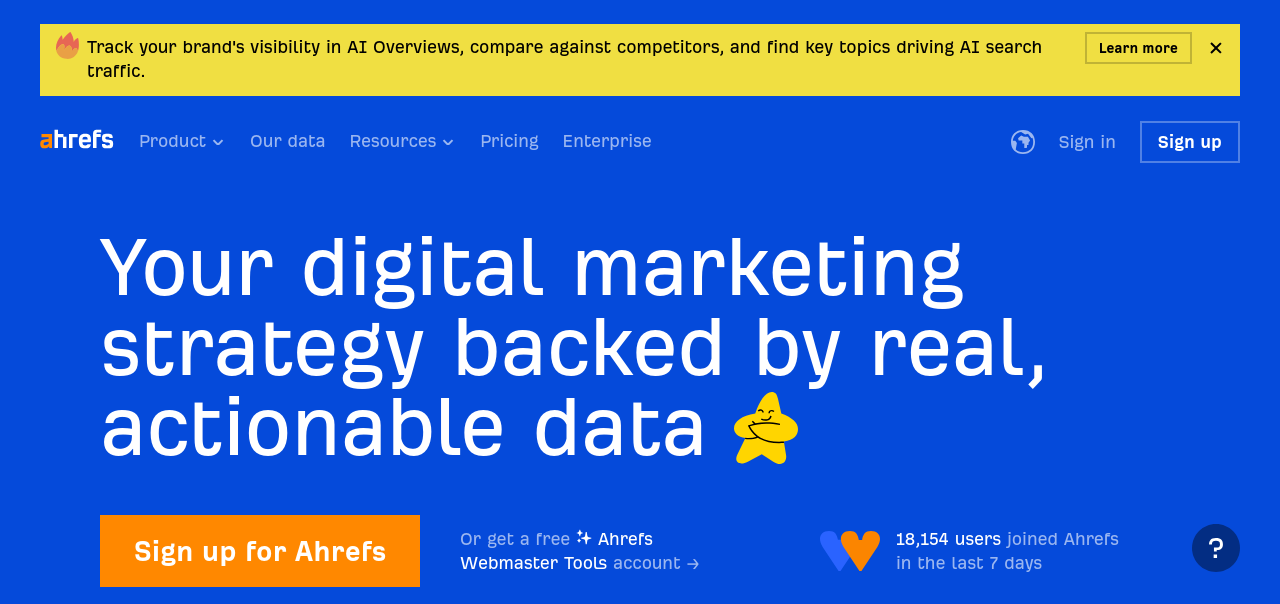
Ahrefs offers a comprehensive SEO toolset for keyword research, backlink analysis, and competitive analysis to improve search rankings and visibility.
The platform provides extensive data but can overwhelm beginners with its interface. Pricing starts at $99/month, appealing to SEO professionals who need detailed competitive insights.
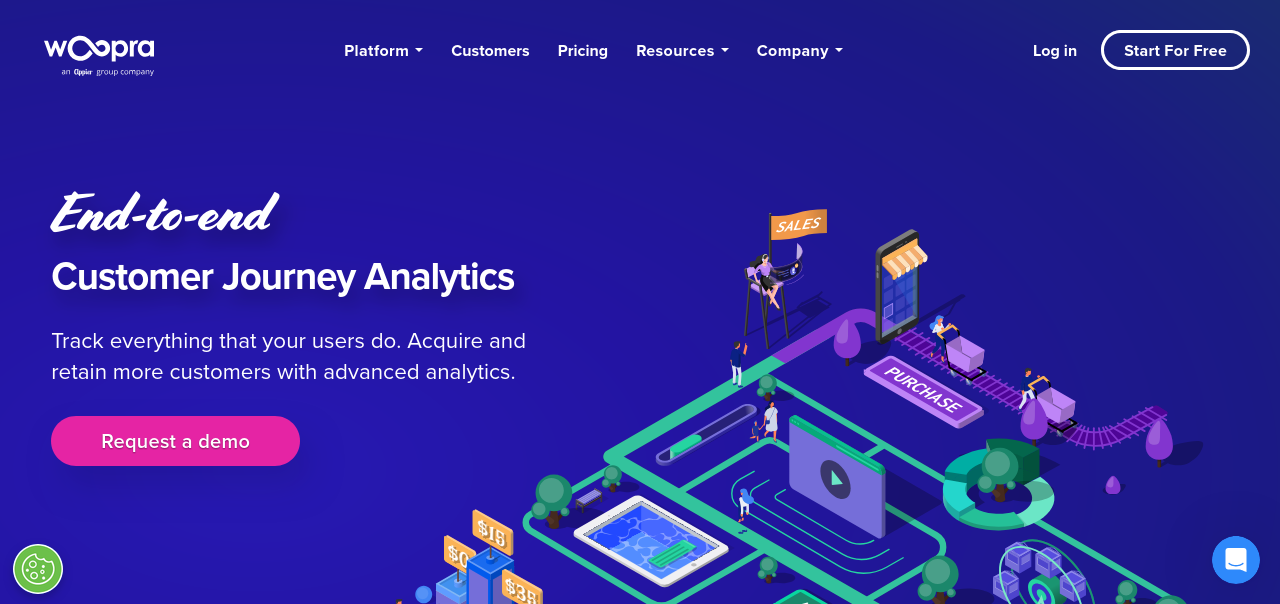
Woopra functions as a customer journey analytics platform offering real-time data synchronization, user segmentation, and retention analysis.
Its real-time capabilities provide advantages for tracking, though the platform has a steeper learning curve than some alternatives. Pricing begins at $999/month, suited for businesses focusing on detailed customer journey mapping.
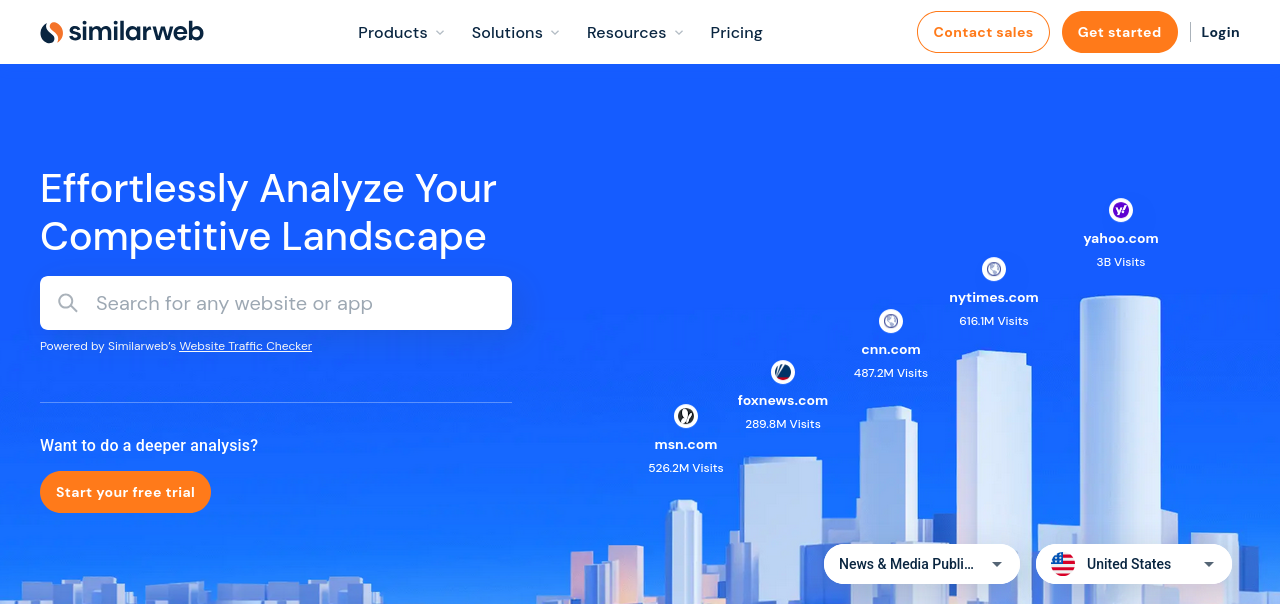
SimilarWeb delivers traffic insights and competitive analysis, providing data on website rankings, traffic sources, and audience demographics.
The platform offers valuable benchmarking against competitors but comes with enterprise-level pricing, making it suitable for businesses requiring in-depth market intelligence.
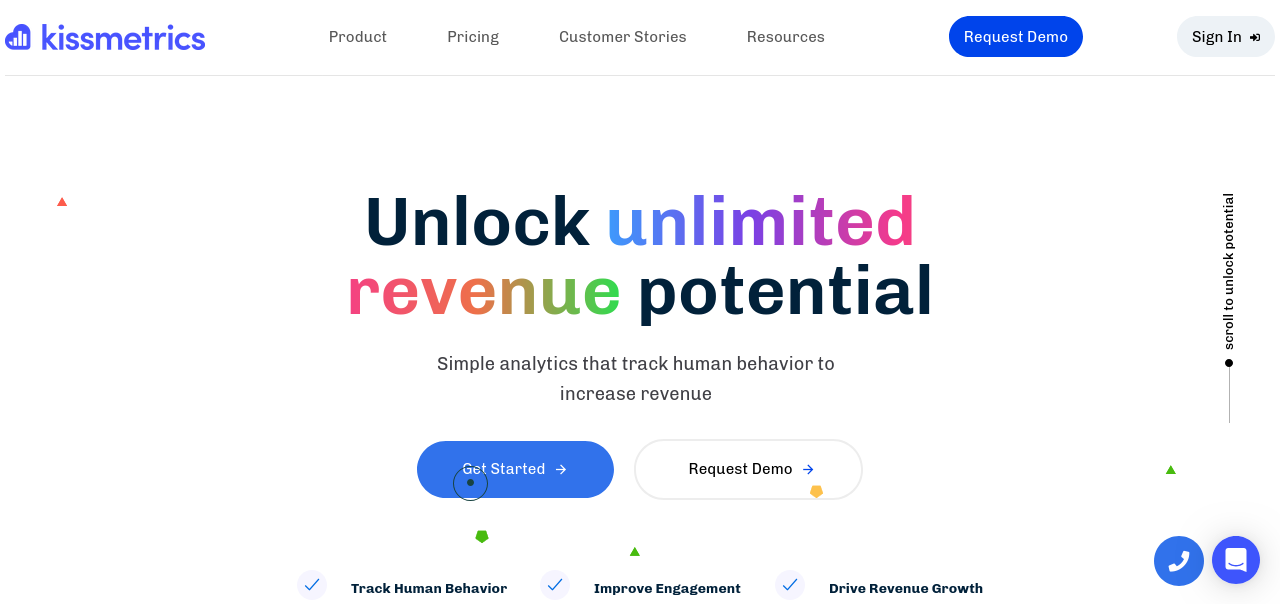
Kissmetrics focuses on behavioral analytics and customer engagement, tracking individual user actions to optimize marketing and product decisions.
The platform offers detailed user-level data but can be complex to implement effectively. Plans start at $500/month, targeting businesses that require deep behavioral insights for decision-making.
Choosing an appropriate web analytics tool requires strategic consideration of factors like business size, budget constraints, data requirements, integration needs, and scalability potential.
The size of your organization influences which analytics tools will serve you best. Small businesses often find free tools like Google Analytics sufficient for basic insights, while larger organizations typically require advanced features and scalability from premium solutions like Mixpanel.
Budget limitations play a significant role in selection. Free tools work well for businesses with limited resources, but premium options provide deeper insights, customization capabilities, and dedicated support that justify the investment for growing organizations.
Different tools specialize in various data types, and your specific needs should guide your selection. Behavioral data tools like Hotjar visualize user interactions, while demographic-focused platforms like Google Analytics provide insights into audience characteristics including age, location, and interests.
For businesses prioritizing lead generation, tools like LeadPost offer contact information for anonymous visitors, converting passive traffic into potential customers. Make sure the tool you select provides the specific data type most relevant to your business objectives.
An analytics tool's ability to connect with existing systems determines workflow efficiency. Verify that your selected tool integrates with your CRM, email marketing platforms, and other marketing systems to unify customer data.
Tools like Segment excel in data routing between platforms, while LeadPost's compatibility with various systems enhances its lead generation value. A well-integrated analytics solution saves time and produces more accurate insights.
User-friendly interfaces support efficient adoption across teams. Tools with intuitive dashboards and straightforward reporting reduce the learning curve and make data analysis accessible to all stakeholders.
Scalability matters for long-term value. As your business grows, your data needs will increase in complexity and volume. Select tools like Domo that can accommodate this growth, ensuring your analytics solution remains effective over time.
When evaluating pricing tiers, confirm that costs align with value at each level. This prevents situations where you need to upgrade but find the price jump unreasonable, which might force a disruptive switch to a different platform.